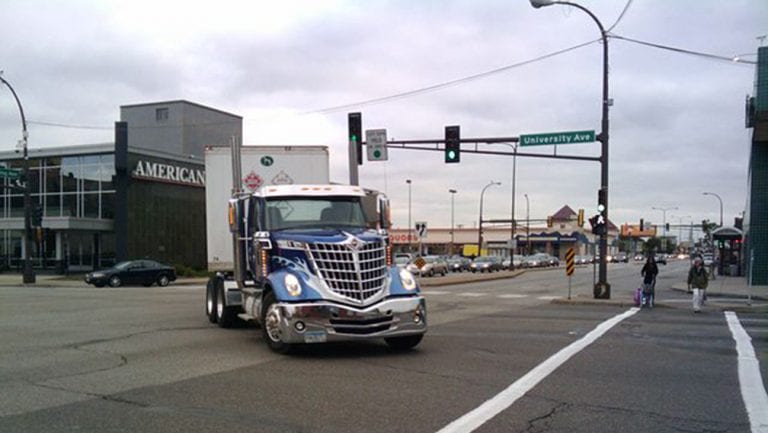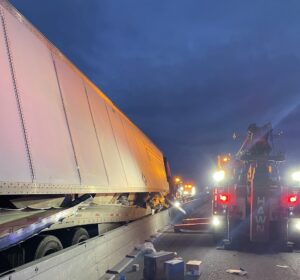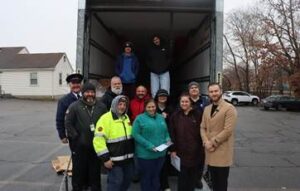BROOKLYN CENTER, Minn. — The Minnesota Trucking Association (MTA) has voiced opposition to the truck-parking ban proposed by the city of Minneapolis, which will be heard by the Transportation and Public Works Committee Tuesday, June 23.
If approved, this ban would force truck drivers to park outside of the city, which would impede on-time deliveries and disrupt daily commerce. Truck parking is already banned in residential areas of the city.
“The city is pursuing this action at a time when there is a serious shortage of safe parking options for trucks in the Twin Cities and across the state,” said MTA President John Hausladen in a statement released June 21. “Every day, professional truck drivers deliver essential food, medicine, products, materials and supplies to our communities and local businesses. Throughout the worst days of the pandemic, truck drivers played a critical role in supporting our supply chains that continue to be stretched to their limits.”
Hausladen noted that many of the trucks parked overnight within the city limits are owned by owner-operators who are residents of Minneapolis.
“These small businesses, many of whom are minority-owned, would have no viable alternative for overnight parking. This ban could effectively force many of these hard-working residents to choose between their livelihood and the place they call home,” he stated.
This is not the first time the city is considering banning truck parking, according to MTA. In 2019, the Minneapolis City Council heard a proposal of a similar nature; however, the proposal did not make it to a vote.
According to MTA, 96.5% of manufactured tonnage is transported by trucks in Minnesota, and there are 21,560 trucking companies in Minnesota. Within those companies, there are 35,150 jobs for heavy and tractor-trailer truck drivers.
“We should be looking for ways to provide more safe parking for truck drivers, instead of pursuing a policy that would diminish an essential industry and do real economic harm to the city,” he said.
“We call on the Minneapolis City Council to craft a fundamentally fair policy that balances parking management concerns with the essential services truck drivers provide. We would welcome the opportunity to work with Minneapolis leaders to develop a smart solution,” Hausladen concluded.
The Trucker News Staff produces engaging content for not only TheTrucker.com, but also The Trucker Newspaper, which has been serving the trucking industry for more than 30 years. With a focus on drivers, the Trucker News Staff aims to provide relevant, objective content pertaining to the trucking segment of the transportation industry. The Trucker News Staff is based in Little Rock, Arkansas.
















All truckers should boycott the city.
It will be just like seattle/tacoma where there isn’t truck parking. More crashes more rushing because drivers will be forced to go in and out of the area within the hours of service rules. More fatigued drivers forced to go to their limits. It’s time to get out of trucking.